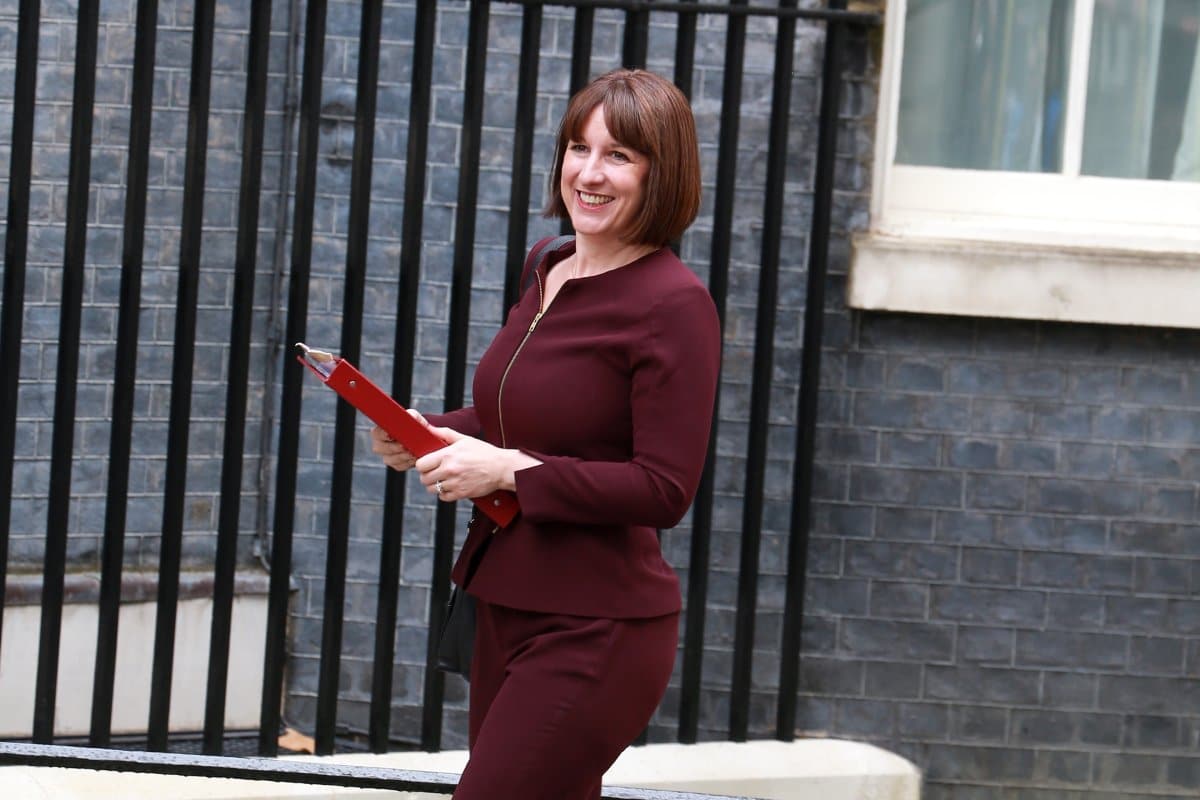Rachel Reeves is shaping the future of the UK economy as the first female Chancellor of the Exchequer. Her journey from a chess prodigy to a key political figure showcases her strategic mind and economic expertise.
1. Academic Foundation

Reeves holds a degree in Philosophy, Politics, and Economics (PPE) from Oxford University. This prestigious combination has provided a strong foundation for her understanding of economic policies and their impacts.
2. Early Political Involvement

Reeves’ political journey began at Oxford, where she was active in the university’s political society. This early involvement set the stage for her future in national politics.
3. Professional Economist

Reeves worked as an economist at the Bank of England and the British Embassy in Washington, D.C. This experience gave her a practical understanding of macroeconomic trends and international finance.
4. MP for Leeds West

Since 2010, Reeves has represented Leeds West, focusing on local economic revitalization. She has supported initiatives like the Leeds Manufacturing Festival to boost local industry and employment.
5. Family-Focused Legislation

Reeves has pushed for extended parental leave and increased childcare support. Her advocacy reflects her belief in the economic benefits of supporting working families.
6. Champion of Women in Economics

She promotes greater female representation in economics and finance, working with organizations like Women in Banking and Finance. Her efforts aim to address gender disparities in these fields.
7. Key Roles in Shadow Cabinet
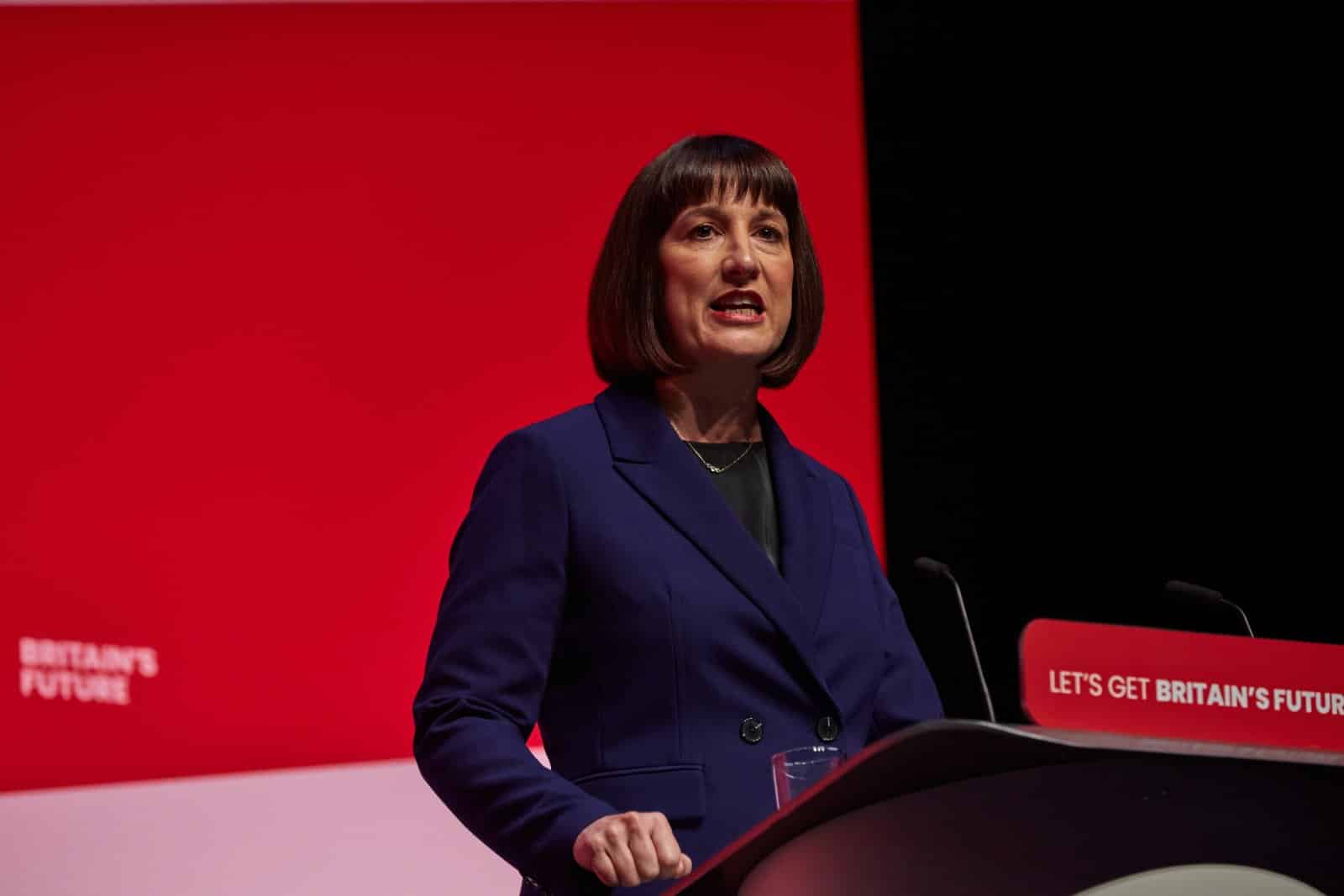
Before becoming Shadow Chancellor, Reeves held several important positions, including Shadow Secretary of State for Work and Pensions. She focused on welfare reform and combating pension poverty.
8. Fiscal Responsibility

Reeves emphasizes balanced budgets and prudent economic management. She argues that smart investments in public services can coexist with fiscal prudence.
9. Green Economic Recovery

She advocates for investments in green technologies and industries. Reeves believes this approach can create jobs and drive sustainable economic growth.
10. Critic of Austerity

Reeves has been vocal against austerity measures, citing their role in increasing inequality. She points to the rise in food bank usage and child poverty as evidence of austerity’s negative impacts.
11. Support for Small Businesses

Reeves supports tax reliefs and improved access to finance for small businesses. She acknowledges their crucial role in driving innovation and providing employment.
12. Brexit Analysis
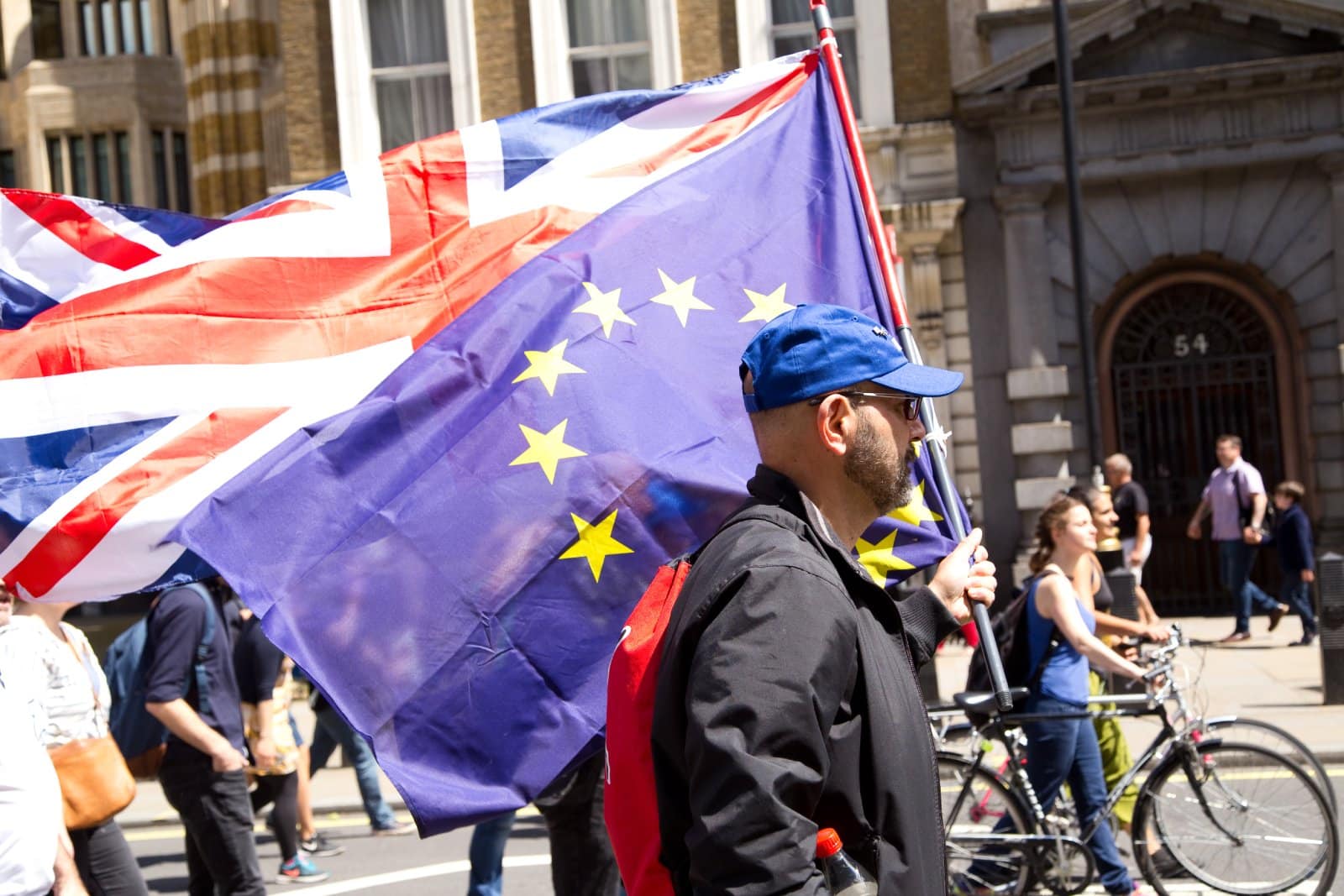
Reeves has criticized the Conservative government’s handling of Brexit, focusing on trade and labor market impacts. She stresses the need for agreements that protect jobs and support the UK’s economy.
13. Tax Reforms
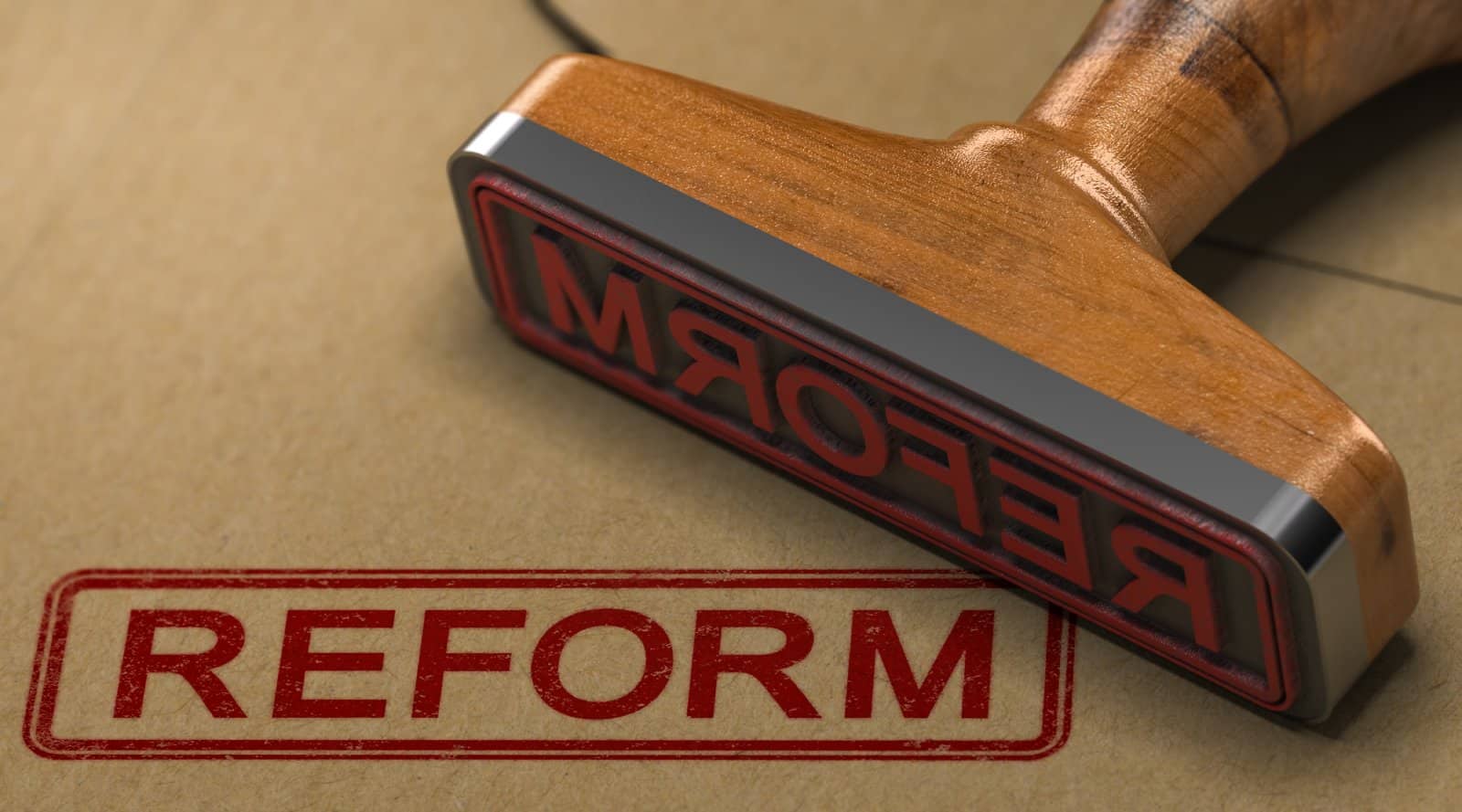
She proposes progressive tax reforms to ensure fairness. Reeves aims to relieve the burden on lower and middle-income earners while ensuring the wealthy pay their fair share.
14. Digital Economy Proponent

Reeves supports investment in digital infrastructure and training. She highlights tech hubs like East London as models for future development.
15. Advocate for Public Services

She advocates for increased funding for the NHS and education. Reeves emphasizes the long-term economic benefits of well-funded public services.
16. Housing Market Reforms

Reeves supports initiatives to increase housing affordability and accessibility. She promotes the construction of social housing and regulations in the rental market.
17. Addressing Child Poverty
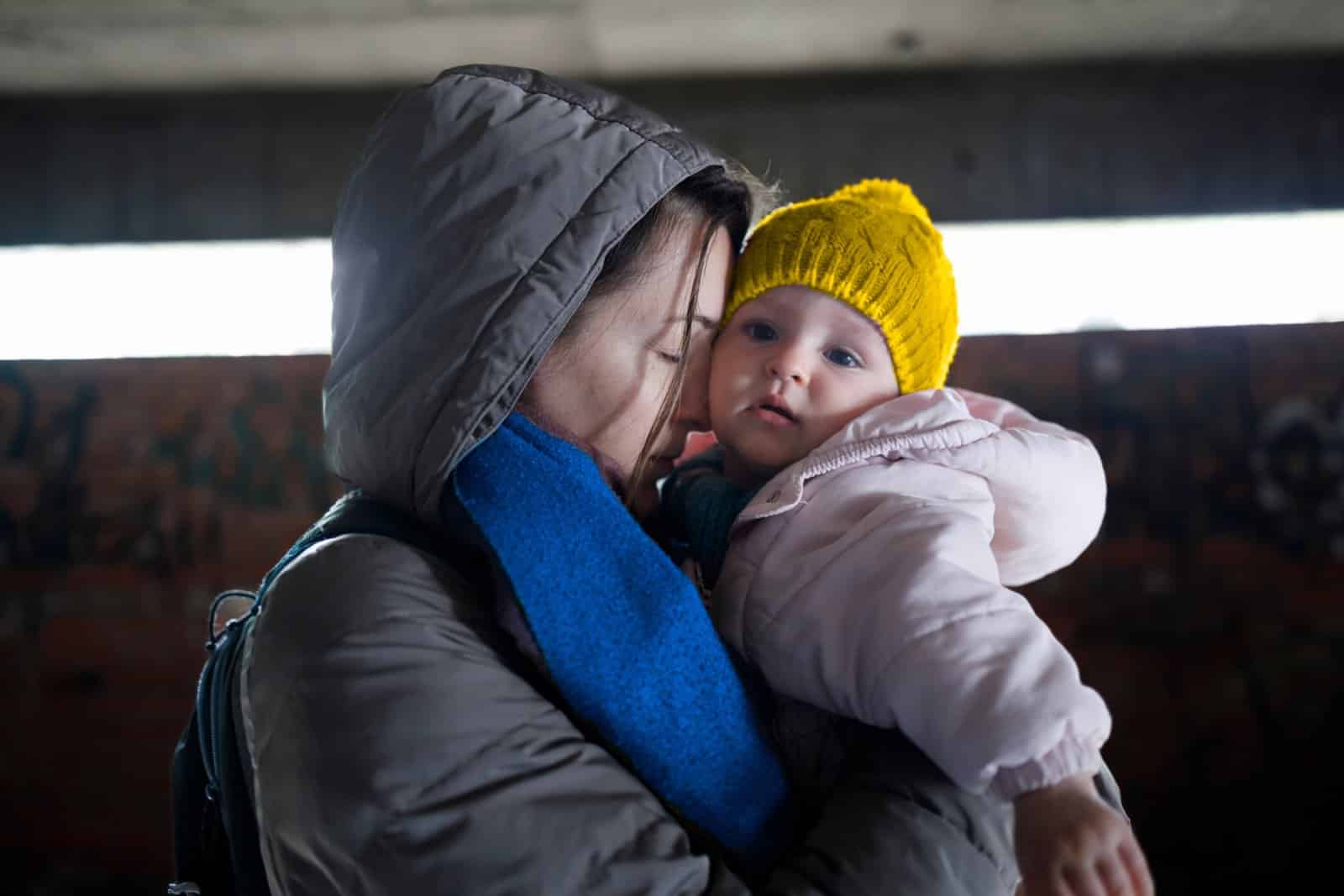
She supports increasing child benefits and expanding free school meals. Reeves uses data showing the link between poverty and educational outcomes to support her stance.
18. Economic Inclusivity

Reeves argues for policies that ensure economic opportunities for all demographics. She supports job access and training initiatives in economically depressed areas.
19. International Trade

She focuses on strengthening trade relations post-Brexit. Reeves emphasizes the importance of maintaining strong ties with both EU and non-EU countries.
20. Labour’s Economic Vision
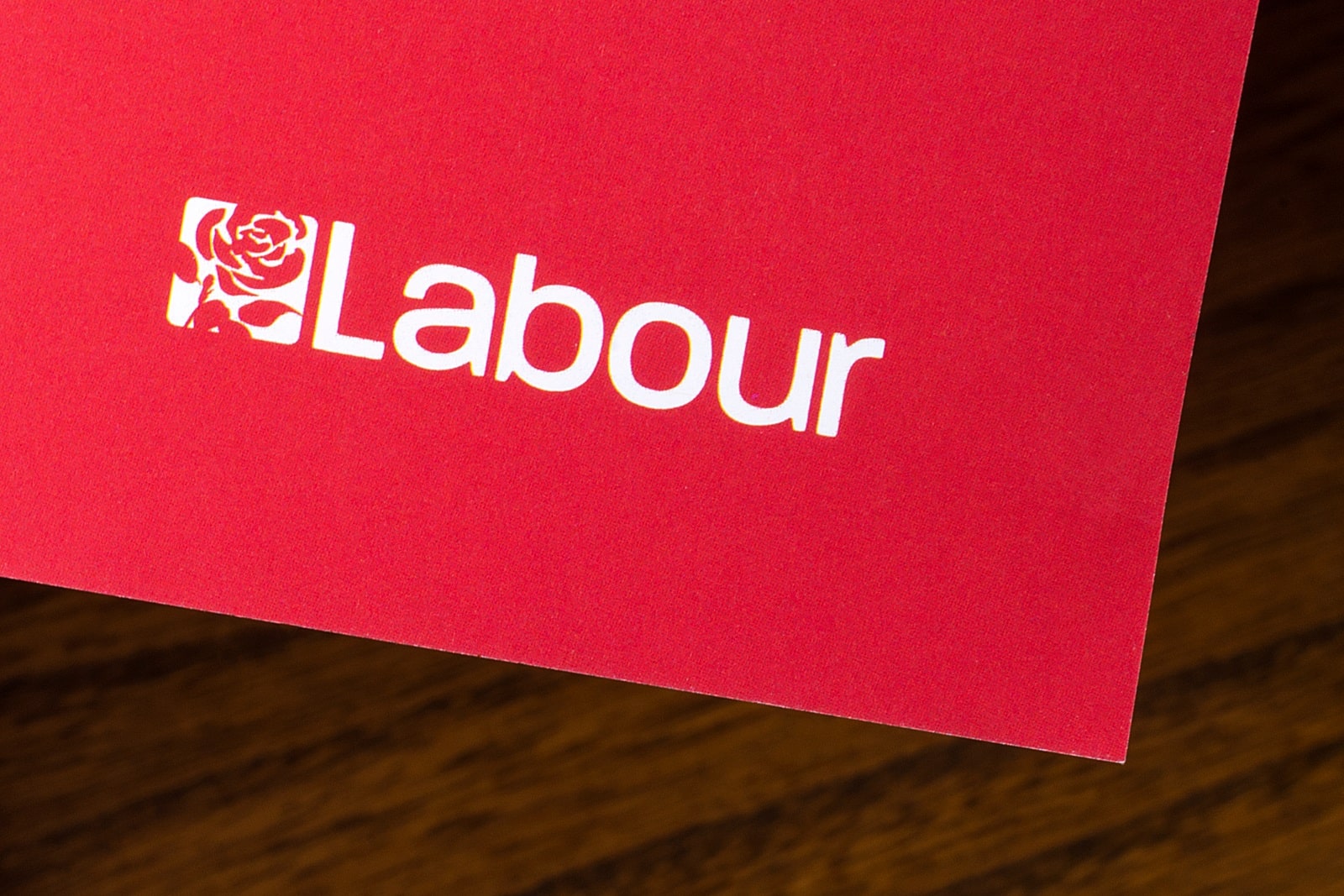
As Shadow Chancellor, Reeves crafts Labour’s economic policy focused on growth and fairness. She articulates a vision that includes support for the public sector, fair taxation, and strategic investment.
21. Public Communication

Reeves is known for her ability to explain complex economic policies in relatable terms. She uses social media, public forums, and parliamentary debates to engage with the public.
The Economist at the People’s Service

Rachel Reeves blends strategic thinking from her chess background with robust economic expertise, aiming to navigate the UK’s economy through challenging times. Her policies reflect a commitment to growth, inclusivity, and sustainability, offering a pragmatic yet ambitious vision for the future. As Labour continues to refine its economic stance, Reeves’s leadership will be pivotal in presenting a credible and appealing alternative to voters.
Featured Image Credit: Shutterstock / Fred Duval.
For transparency, this content was partly developed with AI assistance and carefully curated by an experienced editor to be informative and ensure accuracy.

